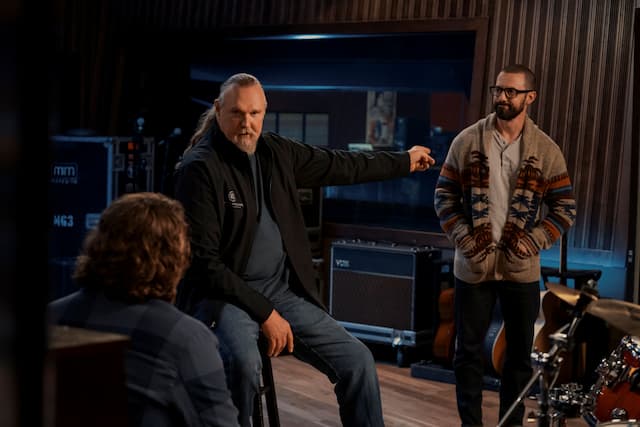Making Restitution

In Numbers 5, the Lord gave Moses instructions to share with the people, concerning confession and restitution. He was to speak to the people about what would happen, when a person committed a sin of unfaithfulness to God. The person was to confess his sin and then make full restitution for the wrong he had done. In this case the person should pay for the wrong that they had committed and add one fifth to their payment. In the event that the person wasn’t alive to receive the restitution, the person who committed the offence would go to the Priest and make atonement.
The word restitution means the restoration of something lost or stolen to its rightful owner. Atonement is the action of making amends for wrong or injury. While the two words are similar, the difference is that restitution is giving back what was taken. Atonement on the other hand may not include restoration, but an action can be done to compensate for the wrong done. We see this principle being applied in law and cases brought to court includes settlements to either award restitution of things lost or stolen. In some instances, a guilty person who is convicted, may serve a prison sentence to make atonement for the wrongs committed.
We can see where the legal justice systems, developed out of the Old Testament law handed down from God to Moses. In order to not stray from the point, we need to see how the principles of restitution, restoration and atonement are relevant or significant for us today. For the body of Christ, Jesus made the final atonement for our sins on the cross. “by canceling the record of debt that stood against us with its legal demands. This he set aside, nailing it to the cross”(Colossians 2:14). While Jesus died to atone for our sins, there are wrongs that we may commit against others that will require reconciliation.
Reconciliation is the restoration of a broken relationship. Jesus said that before we offer our sacrifice at the altar, if we remember that we have a disagreement with someone; “leave your gift there before the altar and go. First be reconciled to your brother, and then come and offer your gift” (Matthew 5:24). In addition to reconciliation, there are some wrongs that have been committed that requires restitution. If it is within your power to do so and you know for example that something was wrongly taken from someone, give it back. Saying sorry is good and being genuinely sorry about a wrong committed is also good. There are times when God will require us to go a step further in making restitution or atonement.
“But if he is caught, he must pay back seven times what he stole, even if he has to sell everything in his house” (Proverbs 6:31).
A.P.-Y.
Published by Anneta Pinto-Young
I am a trained Social Worker who currently provides professional leadership on a programme to support Social Work students and Newly Qualified Social Workers entering the Social Work Profession.
Born and raised in Jamaica in a Christian family where my father is an ordained Pastor and Deacon who has served for over 50 years in the ministry. My father is also a trained musician and our family can be described as a musical family. I grew up in a small farming community in St. Peter’s, St. Andrew and my parents also have a small farm.
I credit my gift of writing to my father who I watched and listened to over the years as he wrote sermons, poems and other recitals in his capacity in ministry. English has always been an easy subject for me and over the years I have developed an increased interest in writing.
I am a Trainer, I sing and have a passion for worship, the spoken word and the free flow of the prophetic anointing. I am married to my best friend Andrew Christopher Young who is an advanced Musician and whose music you can find on YouTube and Facebook. I am a trained Coach and Mentor and I love experimenting with food so I love cooking. I enjoy trying cultural dishes from across the world and I view food as an entry into cultures and languages.
View all posts by Anneta Pinto-Young
Published
August 23, 2022






